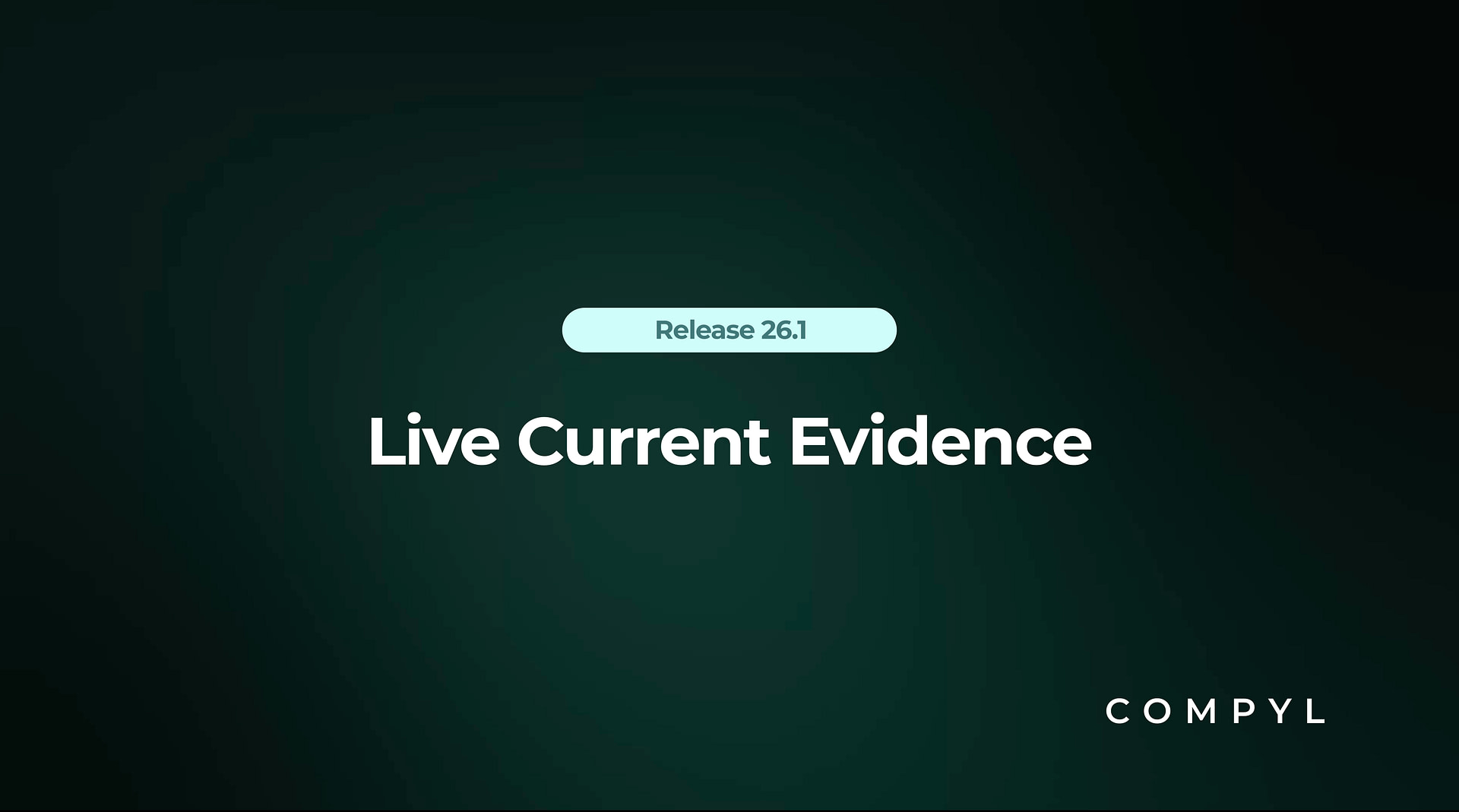Financial services providers of all types and sizes must spend adequate time and effort achieving regulatory compliance. Companies that fail to do so soon find out how high the cost of non-compliance can be.
From debilitating fines to damaged reputations, companies that are called out for non-compliance typically face some pretty unpleasant consequences. In 2020 alone, collective fines against non-compliant financial institutions hit over $10 billion.

Recognize the True Cost of Non-Compliance
Some financial services providers may shy away from achieving full regulatory compliance because it costs so much to stay on top of things and ensure compliance at all times. While it’s true that compliance costs are high — and still rising substantially — the cost of non-compliance is even higher.
Most companies hyper-focus on the fines they could face, but the true cost of non-compliance is much higher than any fines that may be levied against you. The full cost of non-compliance includes a number of repercussions:
- Revenue loss
- Business disruption
- Productivity loss
- Damage to business reputation
Some of these damages can’t be quantified. For example, you can’t possibly measure the true impact of a damaged business reputation. However, these additional consequences of non-compliance could potentially cause a business to fail.
Watch Out for Common Mistakes in Regulatory Compliance
Now that you know the importance of regulatory compliance, it’s time to discuss some of the most common compliance mistakes companies in the financial services industry make. The more you know about regulatory mistakes other businesses frequently commit, the sooner you can take steps to avoid making the same mistakes.
Keep in mind that there are more than 750 global regulatory bodies in existence. What this means for you is that no company can neglect compliance standards without a great risk of discovery and punishment by one of these global regulatory bodies.
Regulatory documents are notorious for being quite lengthy and complicated. The Dodd-Frank Act alone has more than 2,000 pages of regulations governing financial institutions. Despite the complex nature of the different regulatory documents governing the financial industry, however, it is imperative to stay abreast of these rules and ensure your company is in compliance. The cost of failing to do so is too high.
1. Failure To Follow Regulation Changes
If there is one consistent thing about regulations in the financial industry, it is that they are constantly changing. Regulations often change without warning, and it’s important to stay informed so you can modify your compliance approach as needed.
A common regulatory compliance mistake in the financial industry is failure to stay current with regulation changes. This can result in thinking you’re compliant when you’re not. There are a few practical ways you can keep up with regulatory changes:
- Monitoring government agencies and regulatory websites consistently
- Paying attention to regulatory updates and announcements
- Attending industry events and conferences for the latest information regarding regulatory changes
- Reviewing internal processes frequently to ensure you are still compliant
- Using automated compliance software to make compliance easier than ever before
These are just a few of the things your company can proactively undertake to ensure regulatory compliance at all times.
2. Failure To Disclose Conflicts of Interest
Any conflict of interest in the financial services industry must be disclosed to clients. It is somewhat common for financial advisors to recommend a particular service or mutual fund, for example, to a client and then receive compensation from the issuer of that service or mutual fund. Still, this type of situation can become a regulatory problem if the advisor does not disclose the conflict of interest to the client.
Though they are controversial, revenue-sharing arrangements are not necessarily illegal or improper. However, they must be disclosed to the client so the client can make the most informed decision regarding finances and investments.
3. Infrequent Audits

Audits can be stressful and time-consuming, but it’s still important to do them frequently. Companies that take the time to perform multiple compliance audits per year have a lower risk of being fined for non-compliance. Surprisingly, organizations that conduct multiple internal compliance audits annually also have the lowest compliance costs, according to a study by Globalscape and the Ponemon Institute.
4. Cumbersome Regulatory Reporting Processes
Recording and reporting information is an essential part of regulatory compliance. For financial institutions that operate internationally, it is necessary to follow multiple sets of reporting regulations based on the countries in which they operate. If your internal processes aren’t streamlined, you could end up with cumbersome regulatory reporting processes that take up too much time and come with a high risk of mistakes.
Fortunately, there are services available to help you simplify your regulatory reporting processes. Consider using automated security and compliance platforms to help you reach compliance with minimal effort on the part of your internal team. These platforms minimize the risk of human error and give you peace of mind that you are following all necessary reporting processes as required by your governing body.
5. Failures in Data Management
Failing to adhere to regulations regarding data management is a grave mistake too many companies make. Poor data management can have huge repercussions. Those who fail to follow proper data management procedures may face the risk of legal action unless they promptly improve their document processing capabilities.
To avoid being non-compliant in data management, it’s necessary to hold onto client information for several years. You also need to keep it organized so it’s available as needed or requested. If your data management practices aren’t currently adequate to remain in regulatory compliance, take the time to implement new policies and procedures now.
Free Security Assessment Today
Make Sure You’re Achieving Regulatory Compliance
Any financial services provider knows how difficult it can be to ensure compliance with regulations at all times. Since regulations governing the financial industry tend to change quite frequently, it becomes necessary to make sure you’re staying on top of all changes.
Compyl is an all-in-one information security and regulatory compliance automation platform. We compile data from various sources into one user-friendly platform so our customers can automatically improve their security and regulatory processes with minimal effort. Request an obligation-free demo today to see how our product can benefit your financial services business.
FAQ's
Companies can stay updated on regulatory changes by subscribing to regulatory update newsletters, using compliance management software that includes regulatory change tracking features, and participating in industry associations which often provide members with updates on regulatory changes.
To reduce stress and resources required for compliance audits, companies can establish a culture of continuous compliance, automate compliance processes where possible, and maintain clear, organized documentation. Regular internal audits can also help identify and address compliance issues before external audits occur.
Ensuring data management practices comply with international regulations requires understanding the specific requirements of each jurisdiction where the company operates. Implementing a data governance framework that incorporates these requirements, using data management tools that support compliance, and possibly consulting with legal experts in international data protection laws can help businesses manage their data in a compliant manner.




